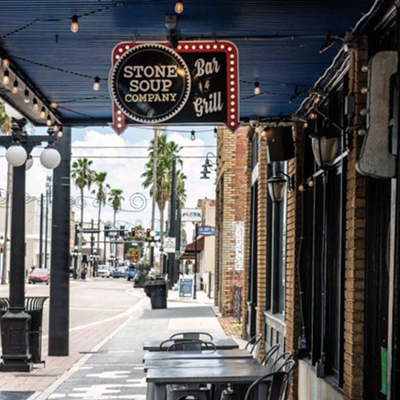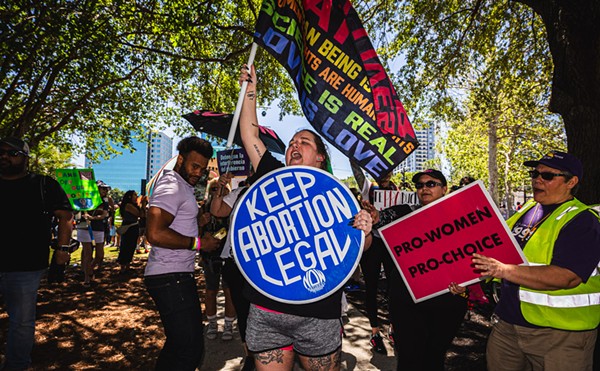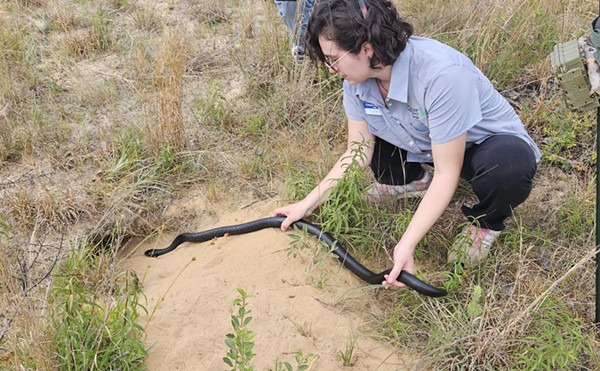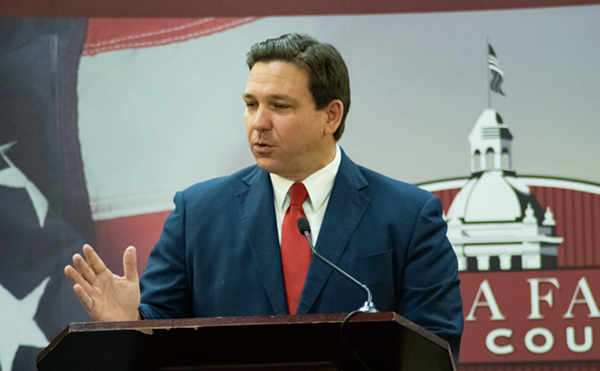You've heard it many times before: someone who makes $8.05 an hour — Florida's minimum wage — can't exactly subsist, let alone raise a family, without some form of government assistance.
A recent University of Florida study confirms that, indeed, taxpayers in Florida are subsidizing companies that pay the minimum wage to the tune of $11.4 billion. The University of Florida study, commissioned by Service Employees International Union, doesn't outright determine whether $15 an hour is a magic number, but it does suggest Floridians would be on the hook for fewer taxes each year if that were the starting hourly pay.
“Well, $15 an hour would certainly go a long way," said FSU economist Patrick Mason, who conducted the study, during a conference call. "I think part of the problem is that the current minimum wage if $8.05 an hour, so if you have someone who is working full-time, 52 weeks a year, 40 hours a week, they still would not make enough to not need some sort of public assistance.”
For Monica Russo, head of SEIU Florida, which has been backing the Fight for $15 movement, the research further justifies the movement's cause.
“You and I, the taxpayers, are paying for this,” she said.
Mason's work suggests that the average low-wage earner who relies on public assistance such as food stamps, un/underemployment compensation or public housing, is a female aged about 40.
"On average [they're] about 40 years old, mostly women, earning just over $14,000 a year," he said. "And these workers are concentrated in retail, health care, hospitality, food service industries. And regardless of which of these industries they're in, whether it's fast food, child care, home care, transportation or even education, they're not paid wages sufficient to support their families.”
One of these workers, home care worker Patricia Walker, said she has to take three buses and walk for 20 minutes to get to her patients' homes, which she does every workday despite slim chances of an improved quality of life.
“I can't make it," she said. "I have to have a roommate. I have to share bills. I have to supply my food. They won't give me food stamps because they say I make too much...it's just not right.”
Mason's research relied heavily on federal data; in a phone call after the teleconference, he said SEIU's commissioning of the study didn't compromise its integrity, given that it analyzed hard facts.
“The methodology is transparent," he said. "I have been a practicing economist for 30 years. This is the first time I have ever done [research] for SEIU. The methodology is, in fact, similar to a large number of other similar studies that were done throughout the country. I didn't collect data. The data is collected by the federal government. The data is available to anybody else who wants to download and to analyze it.”
Critics of raising the minimum wage to something on which one could live argue that doing so would threaten small businesses, mom & pops that can only afford to pay their small staffs low wages.
“An increase in wage rate for these workers also means greater income, which means they can engage in more consumption spending," he said. "One of the problems that small business have, too, is absenteeism. Workers are also interested in working someplace else; they're not going to put everything into it because those businesses don't pay much and the benefits aren't good...If you have higher wages, that may spur greater productivity, greater effort on the job. If you get paid more, you tend to work harder. So productivity will rise.”
Mason told CL that if policymakers are skeptical of that, there's certainly a way to work around any potential threats to small businesses.
“You could always do a carve-out for them if they'd be adversely affected,” he said.
Find a synopsis of Mason's study here.


















